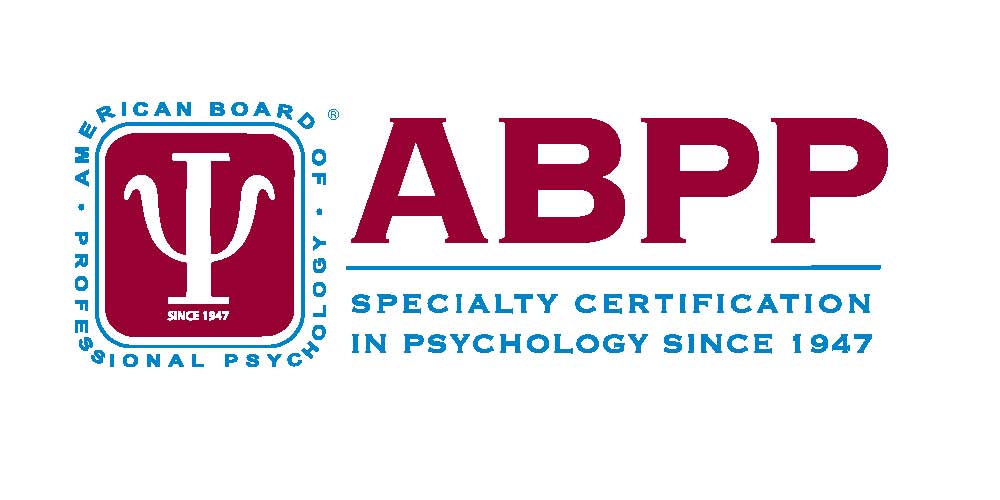
You might have seen my prior post from July 2021 entitled “Conscious Consumerism: Understanding Provider Competence and Getting The Services You Seek.” In that post, I endeavored to empower families with information and helpful questions to ask about their clinical provider’s competence. Given the increased mental health strain in our country (and quite frankly our world), folks are seeking out support more than ever. So, the goal of that post was to give families the information that they need to identify a qualified professional in their area.
Switching gears a bit, I expect that the majority of folks reading this post are psychologists or neuropsychologists contemplating board certification. If you are a community member and simply curious about the process, please feel welcome to read on- no secrets here! Nonetheless, be forewarned that this post is directed towards fellow professionals in the field.
Brief History of ABPP
The American Board of Professional Psychology (ABPP) was established in 1947 and is the primary organization for specialty board certification in psychology. Its establishment is supported and recognized by the American Psychological Association (APA). Presently, there are 15 specialty boards under the umbrella of ABPP, in areas such as clinical neuropsychology, rehabilitation psychology, school psychology and forensic psychology, among others. This overarching board serves the public by promoting “quality psychological services by the examination and certification of professional psychologist engaged in specialty practice.” Most importantly, board certification through the American Board of Professional Psychology (ABPP) provides peer and public recognition of demonstrated competence in its affiliated specialty areas.
A Common Rebuttal
“That’s nice and all, but I’m getting tons of clients despite not being board certified, and I don’t think most people care or even know what board certification is or means.” If I had a penny for every time I received that reply… In fairness, many people have not heard of neuropsychology, let alone the American Board of Professional Psychology. Nonetheless, lack of dissemination of information to the lay community members does not really justify a lack of engagement in the process. I can say without question that I am a better neuropsychologist having studied the way I did and having gone through the process, and who doesn’t want to be the best they can be in their profession?
The Benefits
In some academic medical or hospital-based settings, board certification is becoming a requirement for ongoing employment. Encouragingly, attainment of this certification often accompanies a pay increase, and also covers all the continuing education (CE) credits needed for the full year you obtain board certification. The listserv you gain access to is a further invaluable resource, filled with ongoing conversations about diverse topics to keep members up to date on the latest goings on of our field. Also, did I mention how much of a better neuropsychologist I am now that I went through boards? So, to recap: higher pay, increased transparency of credentials with clients, network of like-minded professionals, enriched skill set… a win win win for all!
I Can Help
Sometimes the hardest part is knowing where to start. How does one study everything that falls under the umbrella of neuropsychology? Have no fear- that is why I am here! I have developed a study program for folks preparing for the written examination. It involves my step-by-step study schedule, recommendations for specific chapters, up-to-date and classic reference articles, video links, podcast recommendations, and more! If you’re feeling particularly motivated by a community atmosphere, join the community for twice monthly calls to review tricky topics, answer questions, and gain support from others going through the process. You won’t regret taking the leap- of that I am quite sure! So, pop over to my website to sign up for the program’s official launch. I can’t wait to celebrate your success!
